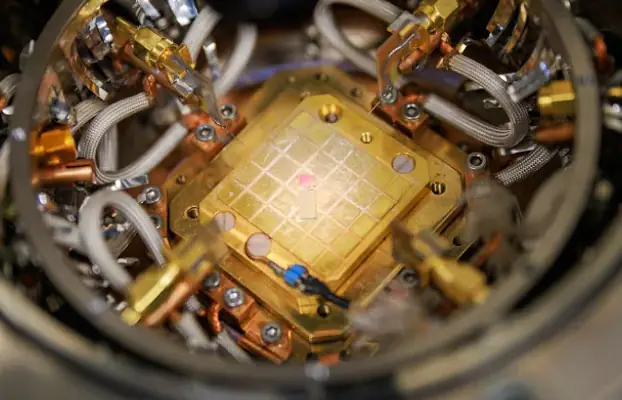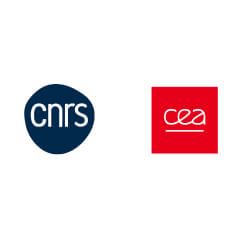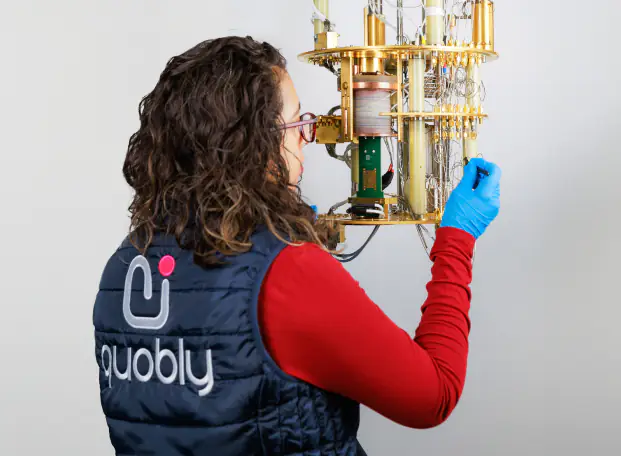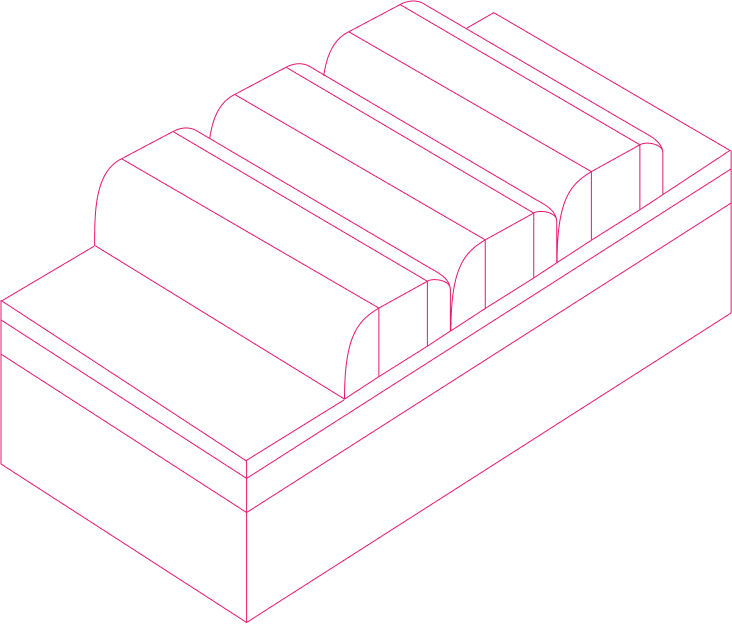
Faster development of molecules for lifesaving drugs and groundbreaking materials to revolutionize medicine and manufacturing


The startup is the result of fifteen years of joint research between internationally-recognized RTOs CEA-Leti and CNRS-Institut Néel.
Our goal is to make a positive impact on our digital future through quantum-enabled computing solutions for medical research, drug discovery, mobility, energy, and more.
In simple terms, our research led to a major advance: turning transistors into quality quantum bits.

Classical computers use a binary (ones and zeroes) "bit" system that limits the number of operations that can be completed within a given time. Quantum bits, or "qubits" don't just do more, faster. Their inherent flexibility enables an entirely different approach to mathematical problems.
Recent research—still ongoing—has also shown the potential of quantum computers to complete some classical computing tasks in a more resource-efficient manner. But quantum machines will also be able to solve the unknown unknowns—new problems we haven’t even identified yet.

Our cost-effective, scalable, manufacturable qubits will make quantum available for tough computing problems in medicine, energy, and more.

The most advanced—and proven—semiconductor material on the market.

The Quobly
advantage: spin qubits
on FD-SOI
Silicon has been the semiconductor industry’s material of choice for 70 years. FD-SOI (fully-depleted silicon on insulator), a proven low-power technology developed by STMicroelectronics, IBM, and the CEA since 1991, is now used to reliably and cost-effectively manufacture chips that contain billions of tiny transistors—some of the smallest and most complex man-made systems on Earth.

With FD-SOI, we can manufacture chips that integrate standard CMOS processors and qubits.
Putting the control electronics right next to our qubits ensures superior control and performance. Eliminating bulky external control electronics is what makes our product scalable and cost-effective.

NEEXT Engineering, Quobly, and ColibriTD are innovating for greater energy efficiency.
The industrial sector is one of the world’s largest energy consumers. Quobly is partnering with energy systems specialist NEEXT Engineering and quantum software company ColibriTD to deliver quantum-enabled energy systems optimization. Central to this effort is Quobly’s development of a silicon-based quantum processor to support NEEXT's ambitious SPARTA program, which uses high-power, decarbonized heat sources to generate electricity for industrial applications
Our plan is to scale our quantum processor up using the materials and processes perfected over decades in conventional chip factories.